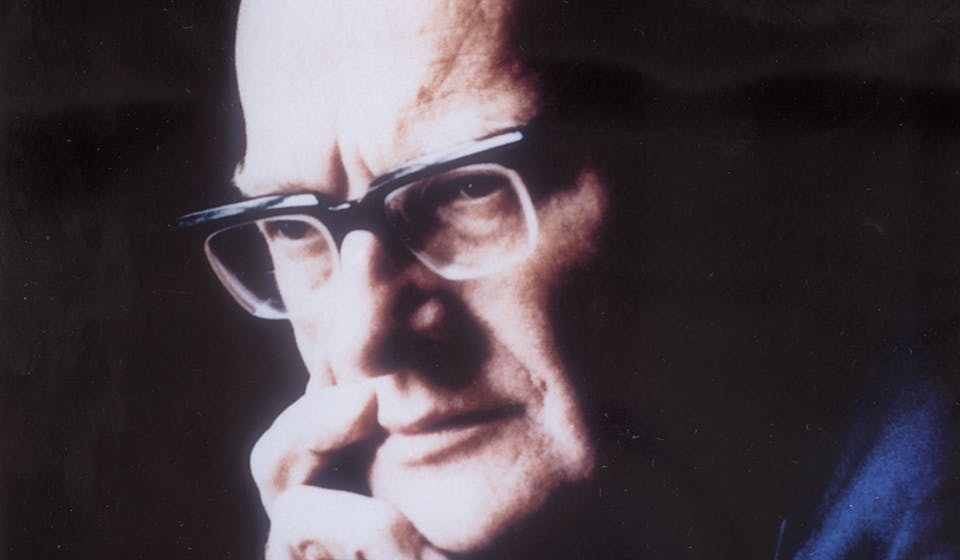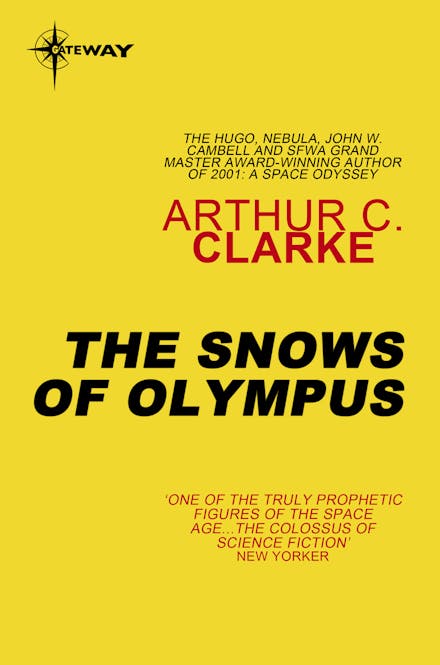Imprint
- Gateway
Prose: non-fiction, Science fiction
This is the story of how a world could be resurrected
Mars is a barren planet, almost without atmosphere and with a temperature ranging from near zero to 120 degrees below. No water flows and there is no evidence that life has ever existed there.
Yet Mars is Earth's near neighbour and has always exerted a powerful hold on our imagination. The astronomer Lowell thought he'd discovered canals on the planet's surface; H.G. wells (and his near namesake Orson) speculated on the red planet's inhabitants invading Earth; sf writers have always used Mars as a setting and continue to do so.
In the Snows of Olympus Arthur C. Clarke uses a revolutionary computer program to show, in words and pictures, how the surface of the planet would change as, gradually, scientists created an atmosphere and raised the temperature. Taking as his starting point Olympus Mons, the highest mountain in the Solar System, a 27km extinct volcano, Clarke creates detailed 'photographs' of the Martian surface and then shows how the landscape would change as vegetation began to thrive and water to flow. He speculates about how this might happen, about the journey to Mars and about what living on the planet would be like. The result is one of the most fascinating, challenging and imaginatively stimulating books of the year.
Arthur C. Clarke has long been hailed as the most visionary and accurate of science fiction and non-fiction writers, having predicted communications satellites years before their development. In this extraordinary booked he chart the next chapter of humanity's future in space.

Arthur C. Clarke
Arthur C. Clarke was born in Minehead in 1917. During the Second World War he served as an RAF radar instructor, rising to the rank of Flight-Lieutenant. After the war he won a BSc in physics and mathematics with first class honours from King's College, London. One of the most respected of all science-fiction writers, he also won the KALINGA PRIZE, the AVIATION SPACE-WRITERS PRIZE,and the WESTINGHOUSE SCIENCE WRITING PRIZE. He also shared an OSCAR nomination with Stanley Kubrick for the screenplay of 2001: A SPACE ODYSSEY, which was based on his story, 'The Sentinel'. He lived in Sri Lanka from 1956 until his death in 2008.
To discover more about how the legacy of Sir Arthur is being honoured today, please visit http://www.clarkefoundation.org












































.png?auto=compress&w=150&h=60&fit=crop&fm=jpg)


.png?auto=compress&w=150&h=60&fit=crop&fm=jpg)


